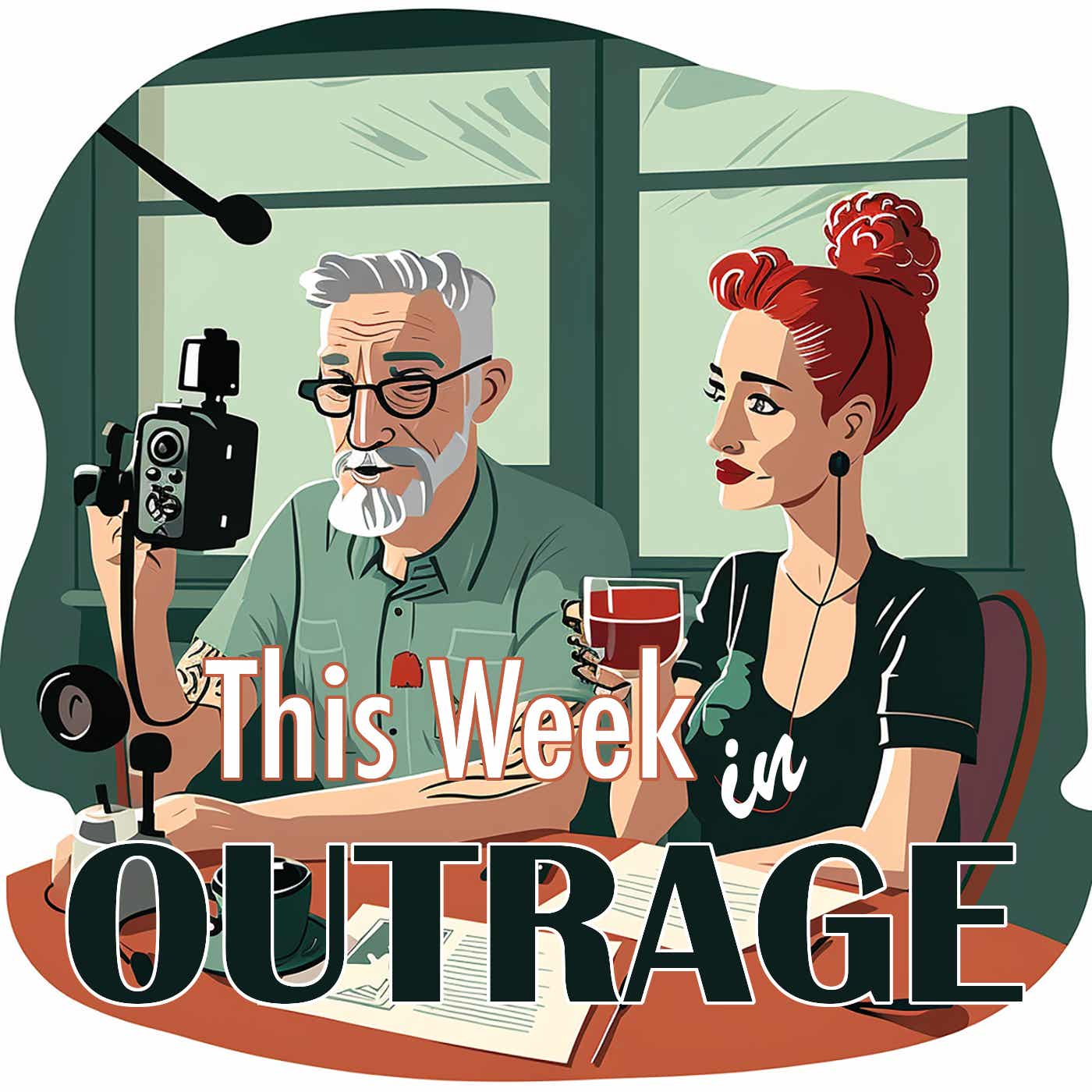
Outrage Overload: Staying grounded through science and balanced perspectives
If you're angry, frustrated, or scared about the state of politics and media and looking for thoughtful, balanced discussions, this podcast is for you. About 30 minutes every few weeks. It will change your life.
Outrage Overload explores the extreme polarization and political bias dominating politics and media today. We dive into the anger and outrage that drive divisions between people, distort the news, and fuel political violence. Each episode features leading scientists, researchers, authors, and community leaders tackling topics like outrage fatigue, toxic polarization, extremism, healthy conflict, disinformation, social media's role in outrage, and the influence of technology and artificial intelligence.
Join us to rediscover humanity in your rivals, improve your mental health, and find practical strategies to feel less stressed and more in control in a world fueled by outrage.
Outrage Overload: Staying grounded through science and balanced perspectives
19. About half the people simply don't notice the gorilla - Chris Chabris
Outrage 19 – What do scams and outrage porn have in common? – Christopher Chabris
In this episode, David interviews Chris Chabris about his book "Nobody's Fool: Why We Get Taken In and What to Do About It." They discuss the cognitive habits that make us susceptible to scams and outrage, and how to avoid falling for misinformation and manipulation. They explore the concept of focus and what's missing, the limitations of memory, the power of precision and repetition, and the truth bias that influences our beliefs. Chris emphasizes the importance of seeking diverse perspectives, questioning information, and being aware of our cognitive limitations.
Key Takeaways:
- Our focus and attention can make us susceptible to scams and manipulation.
- Memory is fallible and doesn't work like a video camera or hard drive.
- Precision and repetition can make false information seem more believable.
- Worst-case predictions and illusory truth can stoke fear and outrage.
- Truth bias leads us to automatically tag information as true, making us vulnerable to misinformation.
Quotes:
- "The failure to notice people in gorilla suits is a natural byproduct of our ability to focus our attention." - Dan Simons
- "Looking isn't the same as seeing; we have to focus attention to become aware of something." - Dan Simons
- "Manipulating focus and relying on people not to ask what's missing is a prime tool of those trying to get us outraged." - Chris Chabris
- "Precision and repetition increase our belief in information, even if it's false." - Chris Chabris
- "Our tendency is to tag incoming information as true, making it easier to believe false claims." - Chris Chabris
Show Notes:
https://outrageoverload.net/
Follow me, David Beckemeyer, on Twitter @mrblog or email outrageoverload@gmail.com. Follow the show on Twitter @OutrageOverload or Instagram @OutrageOverload. We are also on Facebook /OutrageOverload.
HOTLINE: 925-552-7885
Got a Question, comment or just thoughts you'd like to share? Call the OO hotline and leave a message and you could be featured in an upcoming episode
If you would like to help the show, you can contribute here. Tell everyone you know about the show. That’s the best way to support it.
Rate and Review the show on Podchaser: https://www.podchaser.com/OutrageOverload
Intro music and outro music by Michael Ramir C.
Many thanks to my co-editor and co-director, Austin Chen.




